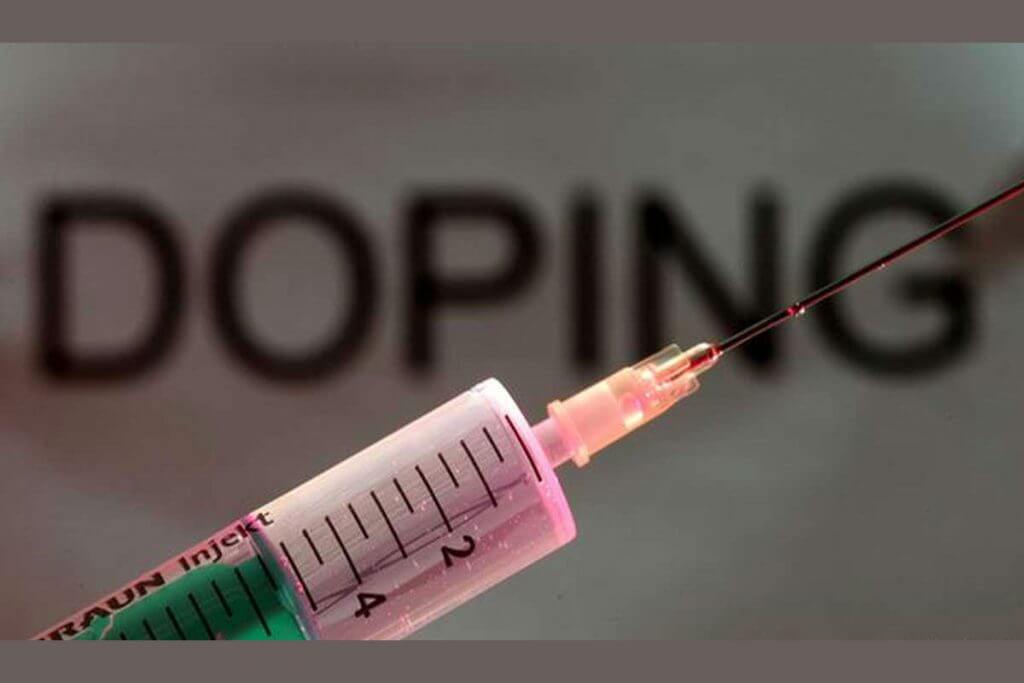Dried-Blood-Spot (DBS) Testing May Be In WADA Weaponry By Tokyo 2020 Olympics

Dried-blood-spot (DBS) testing closer
Dried-blood-spot (DBS) testing, which has shown promising signs of becoming a new weapon in the armoury of anti-doping authorities and those advocating clean sport, may be used as soon as the Tokyo 2020 Olympic Games.
The World Anti-Doping Agency (WADA) announced today that it has signed memoranda of understanding with seven Anti-Doping Organizations (ADOs) “regarding the development and implementation of dried-blood-spot (DBS) testing“.
“The Agency is collaborating with ADOs around the world to further research the development and implementation of this exciting method for drug testing in sport,” said WADA in a statement that noted “DBS testing could potentially be implemented for the 2020 Summer Olympic and Paralympic Games in Tokyo, Japan”.
The anti-doping agency also announced the suspension of the Athens laboratory for up to six months “due to non-conformities with the International Standard for Laboratories (ISL) as identified during a WADA site visit, including in relation to the lack of institutional support and investment for the laboratory.”
On the DBS development, WADA – which last week gave Russia a three-week deadline to comply with demands or face renewed whole-nation international suspension – met the International Olympic Committee (IOC), the International Testing Agency (ITA) and a number of National Anti-Doping Organizations (NADOs) in March this year to set up a steering committee to “oversee the progress of this project with an objective of developing DBS testing for routine implementation in time for the 2022 Winter Olympic and Paralympic Games in Beijing, China”. Aspects of DBS testing might be ready in time for use at Tokyo 2020.
Dr. Olivier Rabin, WADA Senior Executive Director, Sciences and International Partnerships, said: “The possible advantages of DBS are clear. It has the potential to add to the current global anti-doping program by complementing existing urine and blood testing to expand upon the program’s testing coverage and capacity to better reveal doping practices. WADA is committed to making available new ways of protecting clean sport that reduce the inconvenience or discomfort for athletes and is easier, more effective and cheaper to carry out. In that way, it could be that DBS will be a major breakthrough in global anti-doping testing capacity.” He added:
“There is a real sense among project participants that DBS could be a game-changer for the anti-doping community. It is very encouraging how we are all working together on this project, optimizing time and resources, to validate this new element within the overall anti-doping toolbox. WADA is pleased to be able to lead this collective work and make its resources available to serve the team involved in this project.”
WADA listed the following “potential advantages” of DBS:
- Simplification of sample collection (e.g. a finger prick)
- Less invasive than current methods of taking urine or blood samples so better for the athlete experience
- The need for only a very small volume of blood for the test (depending on the type of analysis)
- Less expensive to collect and transport DBS samples compared with current methods
- Less space needed to store the samples
- Potential benefits with regards to sample stability (less degradation)
- All these advantages could allow testing authorities to target more athletes and collect more samples, including in some geographically remote areas.
Dr. Marcia MacDonald, WADA Deputy Director (Science and Medicine) and chair of the steering committee that includes representatives from the IOC, ITA, the China Anti-Doping Agency (CHINADA) and the US Anti-Doping Agency (USADA), has appointed two working groups. One will deal with collection and transport, the other analysis and storage.
WADA has already invested US$100,000 in the project. and signed memoranda of understanding with:
- Antidoping Switzerland
- Australian Sports Anti-Doping Authority
- CHINADA
- IOC
- ITA
- Japan Anti-Doping Agency
- USADA
The working groups will draw up guidelines and carry out research that WADA suggested “may be required to achieve harmonization of practice in the anti-doping context”.
WADA noted: “This project builds on the interest and research in DBS conducted by several ADOs and laboratories around the world. As with all new testing methods, solid validation phases are needed to ensure that routine application would add tangible and real benefits to the existing methods and protocols. Accordingly, WADA is funding a number of research projects in this area, in particular: DBS in Sports Drug Testing.”
Athens Lab Suspended
Explaining its action against the Athens lab, WADA stated: “In August 2019, disciplinary proceedings were initiated by WADA’s Laboratory Expert Group (LabEG) and subsequently carried out by an independent Disciplinary Committee, which was mandated to make a recommendation to the Chair of the WADA Executive Committee regarding the status of the laboratory’s accreditation. This process is now complete.
“The suspension, which took effect on 1 October 2019, prohibits the laboratory from carrying out any anti-doping activities, including all analyses of urine and blood samples. During the period of suspension, relevant samples must be securely transported to another WADA-accredited laboratory for analysis, in accordance with the guidance provided in the ISL. This is in order to ensure continued high-quality sample analysis, which also helps preserve athletes’ confidence in this process and the wider anti-doping system.”



